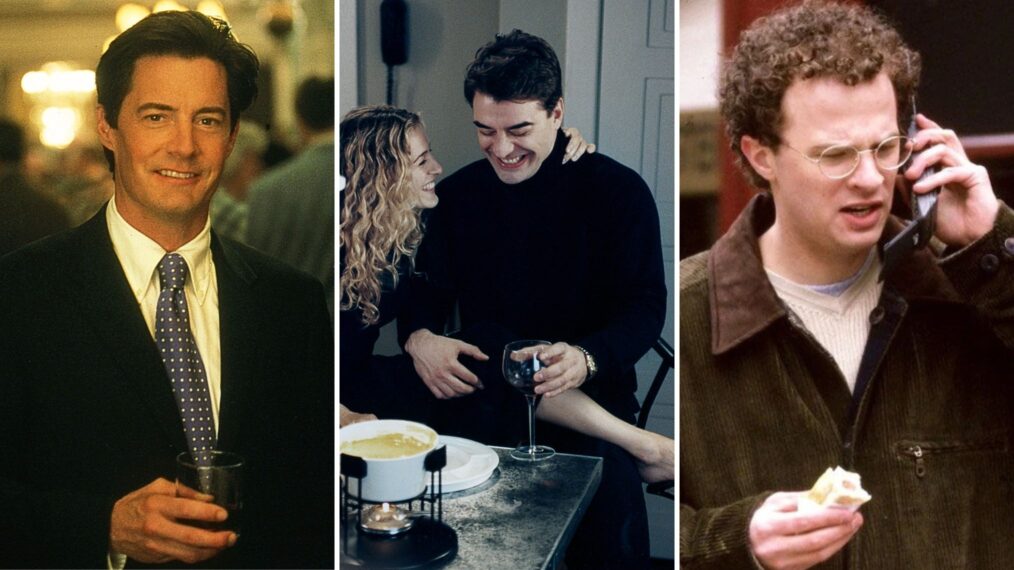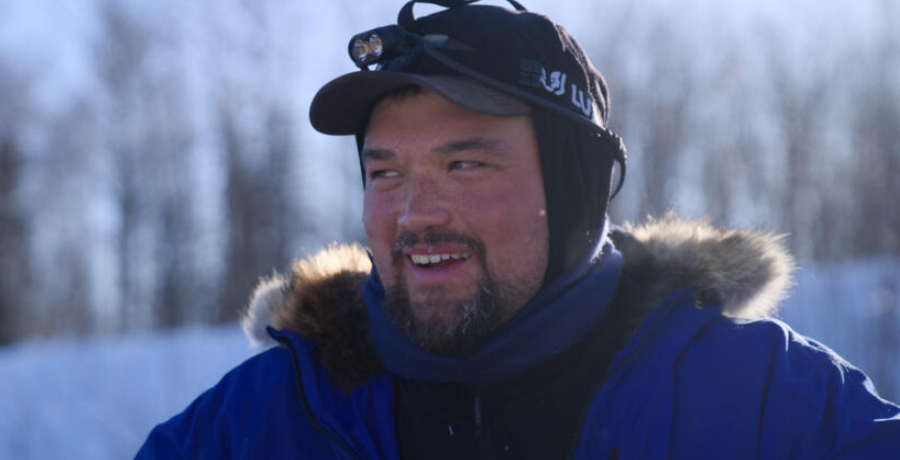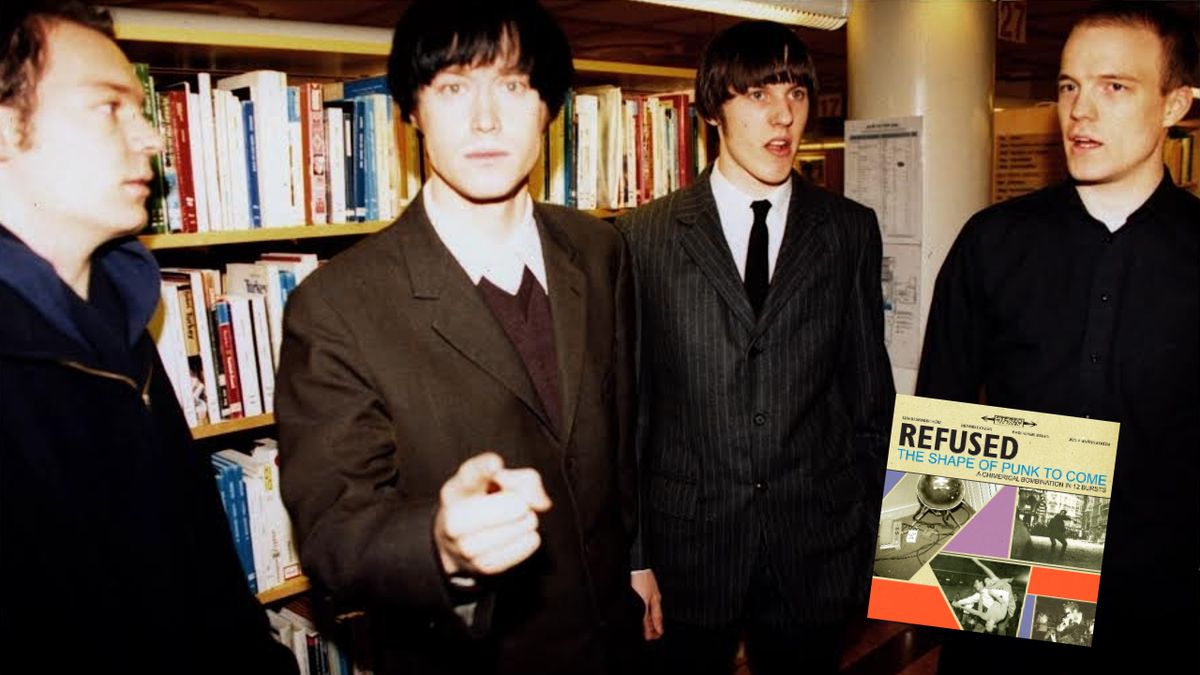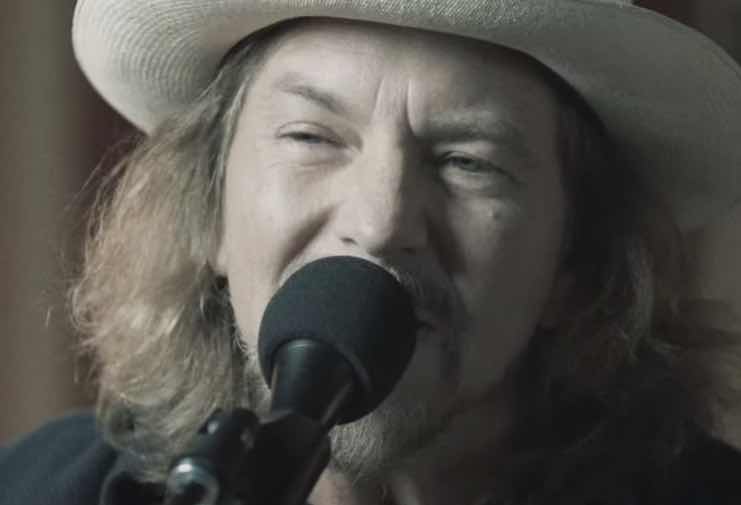When Refused released their third (and at-the-time final) record on October 27, 1998, the wider world reacted with a big fat shrug of its shoulders. The Shape Of Punk To Come: A Chimerical Bombination In 12 Bursts (to give it its full title), was simply too far ahead of its time to be appreciated, perhaps even by the band themselves.
Three weeks earlier, midway through a disastrous US tour that should never have gone ahead in the first place, Refused had broken up. Barely four songs into their set at a basement show in the suburbs of Harrisonburg, Virginia on October 6, police arrived on the scene and unplugged the band’s amps while 50 or so onlookers shuffled home with the dubious bragging rights of having witnessed Refused’s last show. For a band who’d always existed on the knife-edge of their militant beliefs and rabid intent, going out with a whimper was not exactly the pay-off they’d imagined. If anything, it represented abject failure, the young Swedes conceding defeat after seven years together, to general apathy.
In the wake of their dissolution, Refused issued a final, furious, defiant communiqué. “We will never play together again and we will never try to celebrate what was,” the statement read. Its title was emphatic: Refused Are Fucking Dead.
And Refused fucking meant it. Because conviction marked everything the Umeå band touched. Even if they themselves weren’t necessarily on the same page about the things they felt passionate about by the end.
Over the course of the recording of The Shape Of Punk To Come, drummer David Sandström and vocalist Dennis Lyxzén weren’t getting along, and as hyper-sensitive, strong-willed men in their 20s are wont to do, they clashed terribly. The frontman apparently didn’t “get” Charlie Parker (although it may have been Charles Mingus, even on this point they still can’t agree) and the sticksman’s desire to explore jazz on their new songs. Meanwhile, guitarist Jon Brännström was pushing for more electronic flourishes in the music.
Lyxzén wasn’t exactly making things easy himself, bringing surrealism, Dadaism, and Situationist politics to the table, and the 26-year-old singer was feeling increasingly isolated in his pursuits. Perceiving others to be more interested in “rocking out” than the strident political ideals the band was founded on, he remembers the process as a lonely crusade, believing he alone was staying true to their collective cause. This siege mentality and bloody mindedness fuelled his lyrics, giving flight to righteous lines like the album’s memorable opening missive, “I’ve got a bone to pick with capitalism/And a few to break” (Worms Of The Senses).
In the end, everybody kind of got their way, without anyone ever feeling like they won. According to guitarist Kristofer Steen, the band decided they were finished during the making of the songs, although this too is disputed by Lyxzén. The fact that he can’t rule out a conversation to that effect happening behind his back though, underscores the mood of the moment.
It was these conflicting feelings and blurred lines of communication that ultimately tore the band apart of course, but in the creation of the Umeå band’s masterpiece, it made for the perfect storm.
“We felt strongly that what we were doing was important,” David reflected on Kristofer’s posthumously made documentary, Refused Are Fucking Dead. “[To] offer people the ecstasy and tension that we lived off of all the time.”
Within that tension, The Shape Of Punk To Come sizzles. Thanks in large part to the band throwing everything into the mix, it plays like a mishmash of warped radio broadcasts, static distortion and dial turns included. Developing on the nascent snap and crunch heard on 1996’s Songs To Fan The Flames Of Discontent, they incorporated touches of folk and techno, offbeat rhythms and high-minded ideas (check out the ‘very much for real’ manifesto in the liner notes). It meant a spoken word section on Protest Song 68 referencing Henry Miller’s Tropic Of Cancer was not out of place. Nor was dropping a sample of Marlon Brando as Colonel Kurtz from Apocalypse Now into the breakdown of the band’s biggest song, New Noise (“Crawling, slithering along the edge of a straight razor… and surviving”).
If punk rock was built on three chords and simplicity, forged in the belief that anyone could do it, by the 1990s, the genre had become commoditised and cosy. Hence Lyxzén sarcastically enquiring, “Can I scream?” with delicious spite. On The Shape Of Punk To Come, Refused inverted the form. The title paid homage to Ornette Coleman’s 1959 free-jazz classic, The Shape Of Jazz To Come. Even the artwork was borrowed, recycled and repurposed from cult New Jersey heroes Rye Coalition’s 1995 7” Teen-Age Dance Session cover, itself a tribute to Dan Terry’s 1954 release of the same name.
But in calling it The Shape Of Punk To Come Refused were making a statement. It was cocky and prophetic. This was a band of vegan straight-edge anarchists with mop-top haircuts and mod styling, flipping off the world around them. That was a world getting primed and ready for the domination of the dumbest bands in rock history, as nu metal stars started to crotch-chop their way into the spotlight. Of course nobody cared about The Shape Of Punk To Come at first. It was way too smart and progressive. Who could blame the band for already feeling beaten?
“We could have called the record Fuck You,” Dennis Lyxzén told Paul Brannigan at the time of the record’s 20th anniversary. “There was a lot of… contempt in that title, and it fitted the vibe of what we were trying to do, which was to break free from the constraints of the scene.”
Refused would never enjoy the kinds of spoils that come with that global success, but in the years following their split, their legend and legacy grew exponentially. By the time they reunited to play live again in 2012, The Shape Of Punk To Come had long since been acknowledged as the landmark achievement it is.
Without Refused, alternative music would be a lot different today. Echoes of The Shape Of Punk To Come can be heard all across the musical map. Everyone from Turnstile to Enter Shikari to Rolo Tomassi owe its pioneering spirit a debt of gratitude. Even at the poppier end of the scale Paramore have paid tribute, borrowing the “We want the airwaves back” line from Liberation Frequency for their 2007 song Born For This.
It would be harsh to deny the band the day in the sun that reuniting has afforded them. They’re not the same fiery 20-somethings who fell apart over 20 years ago, though some of the music they’ve released in recent years doesn’t lack for similar shades of savagery. Unlike some peers who’ve pissed on their legacy by going through the motions in pursuit of a quick nostalgic buck, Refused have perfectly preserved theirs, returning to the fore with fresh perspective and well-deserved pride. And in 2022, the third album still sounds like the future: maybe it always will.
“I was super angry then,” Dennis Lyxzén reflected in 2018. “But it’s such a fucking honour to be part of something that means so much to people. People have told me that their music tastes changed because of that record, and that’s humbling and cool. I’m glad that the music is still alive.
“And I still think that ‘I’ve got a bone to pick with capitalism… and a few to break’ is a fucking great way of opening a record!” he added with a smile. “I’m still proud of that final communiqué too, it’s one of the most brilliant things I ever wrote: we were a super-radical band, so of course when we broke up it was going to be radical as well!”
Buy The Shape Of Punk To Come (opens in new tab)











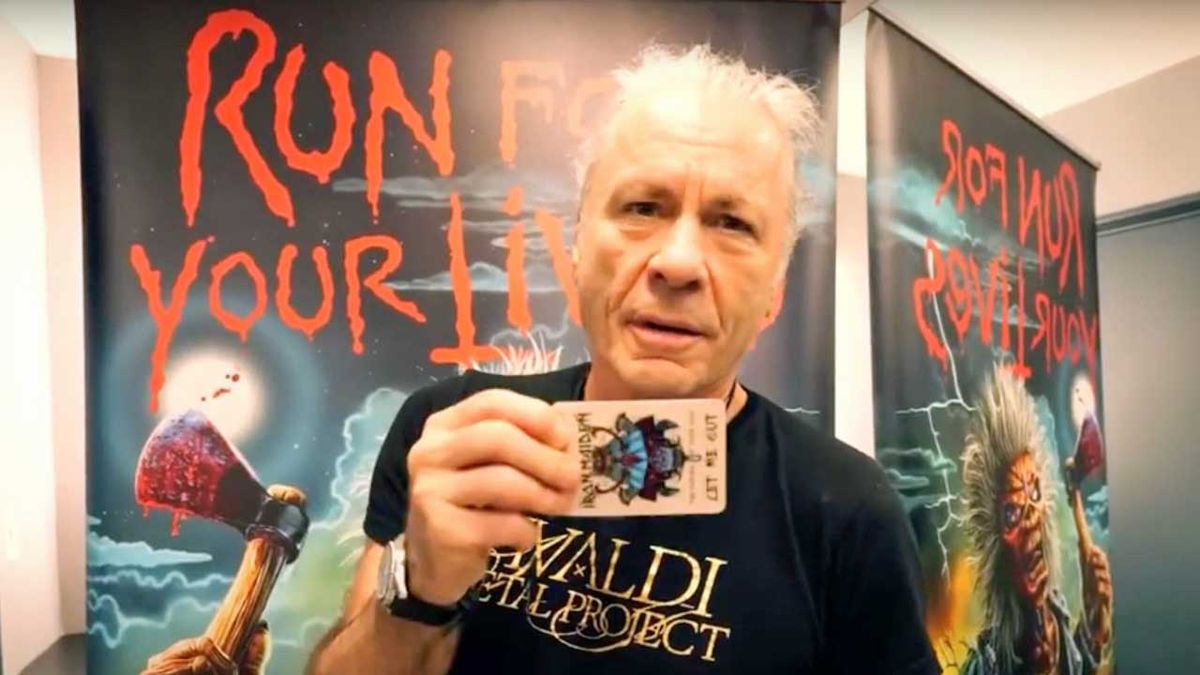

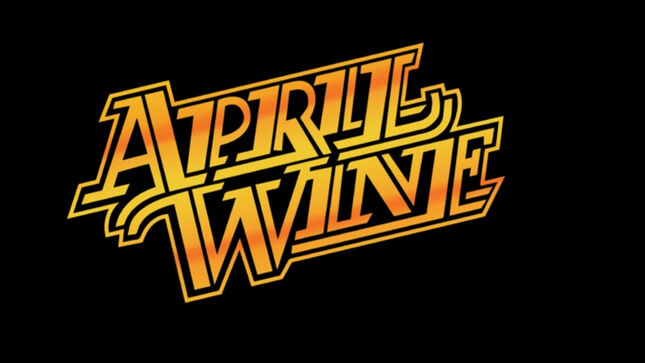
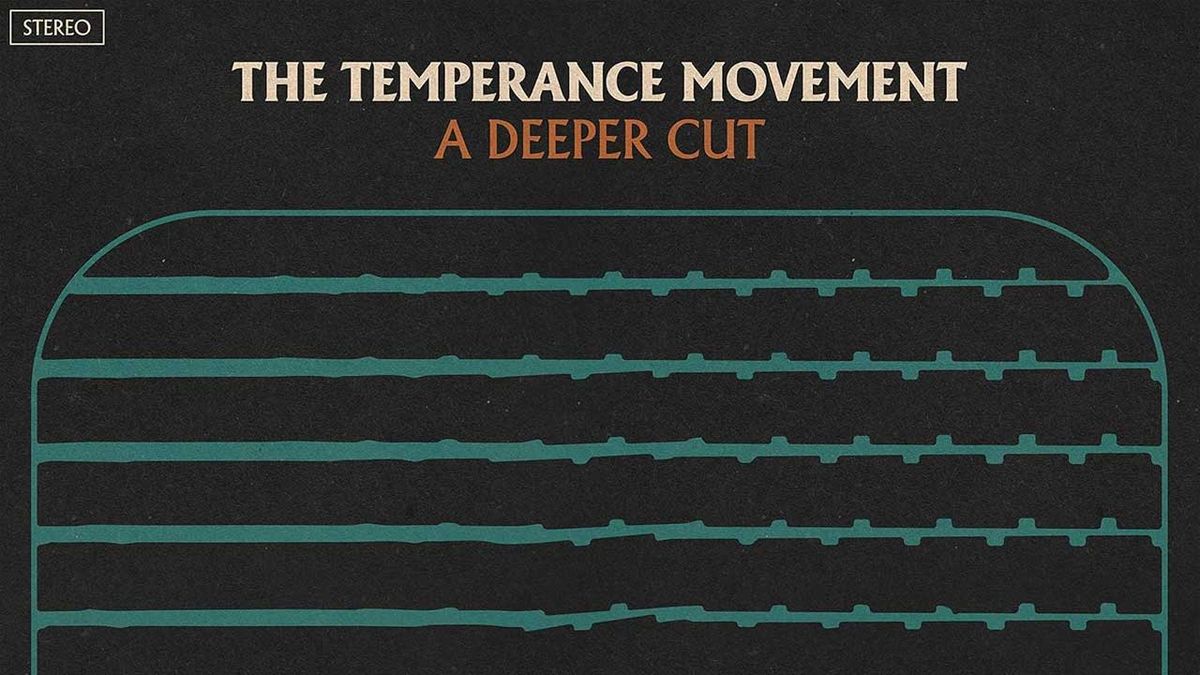

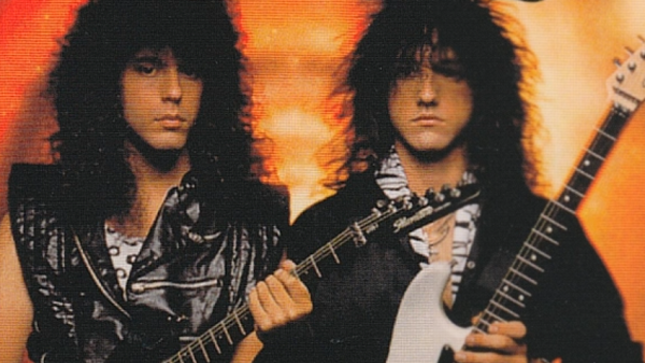
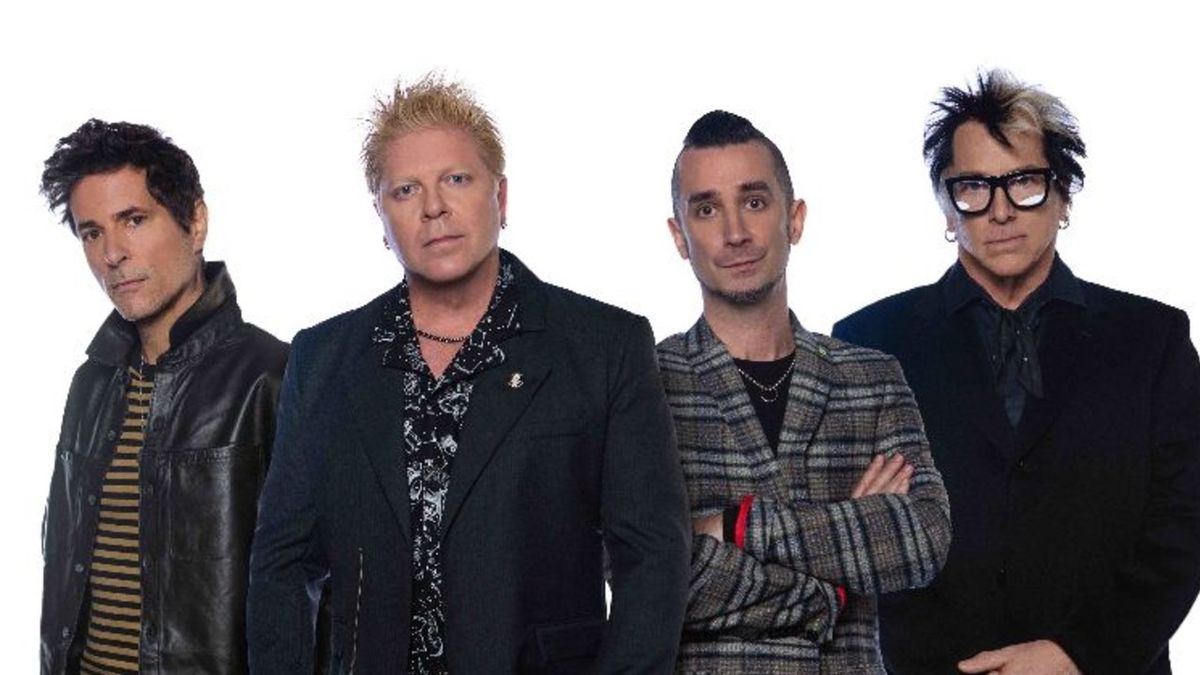



















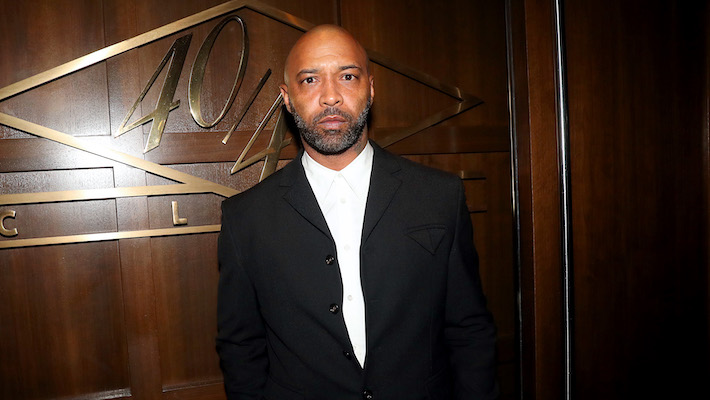









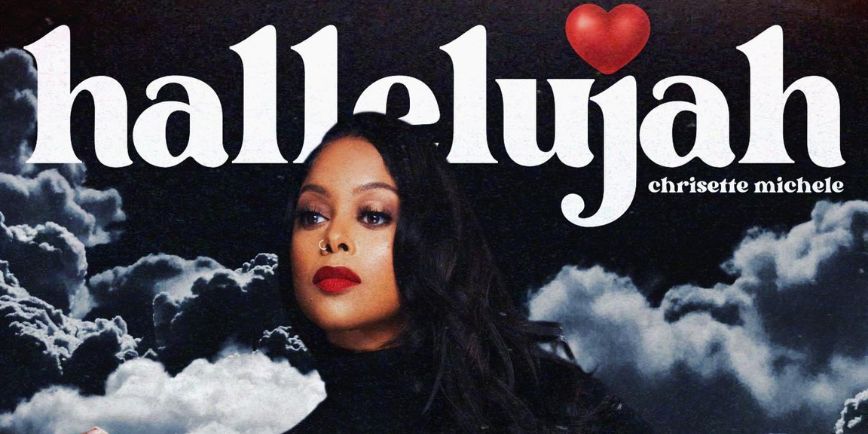

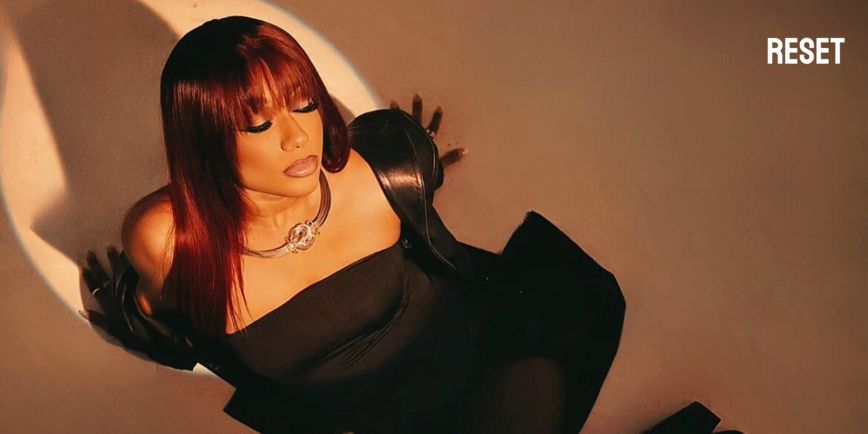
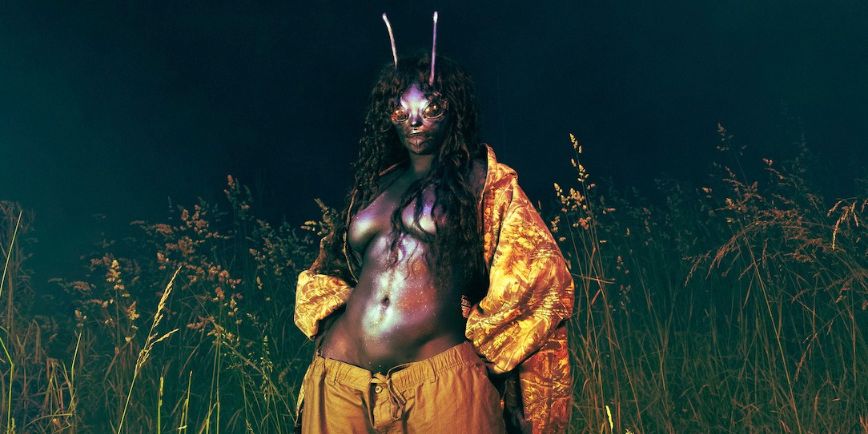
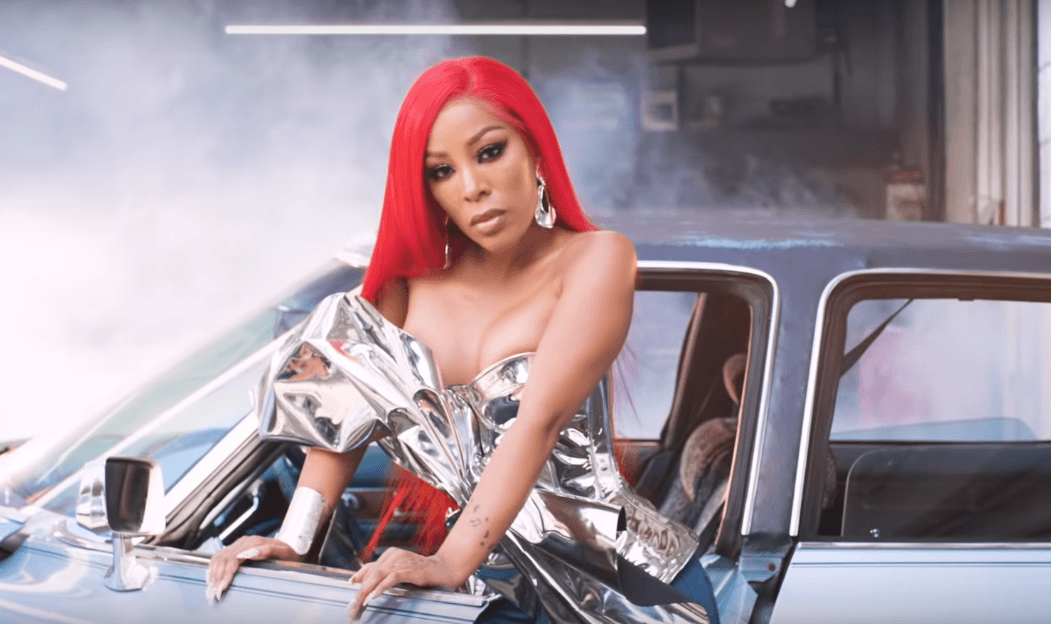
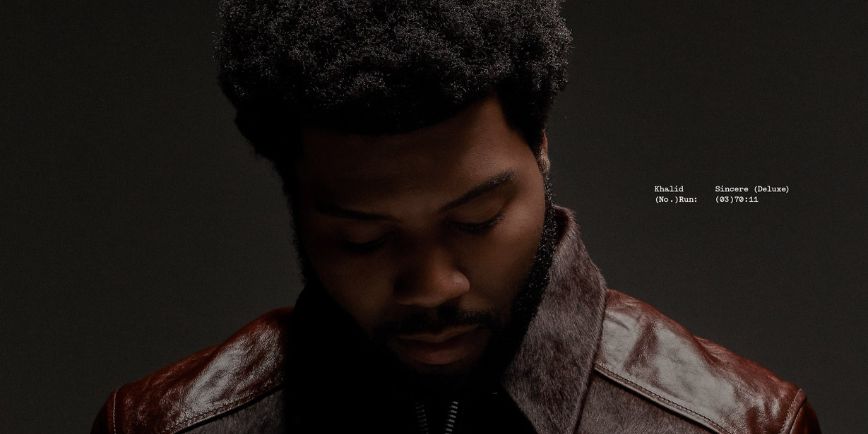










![[VEVO] – Roasted Nuts – Dj Rik (Re-released) [VEVO] – Roasted Nuts – Dj Rik (Re-released)](https://i.ytimg.com/vi/tdcex44sMYk/maxresdefault.jpg)






















